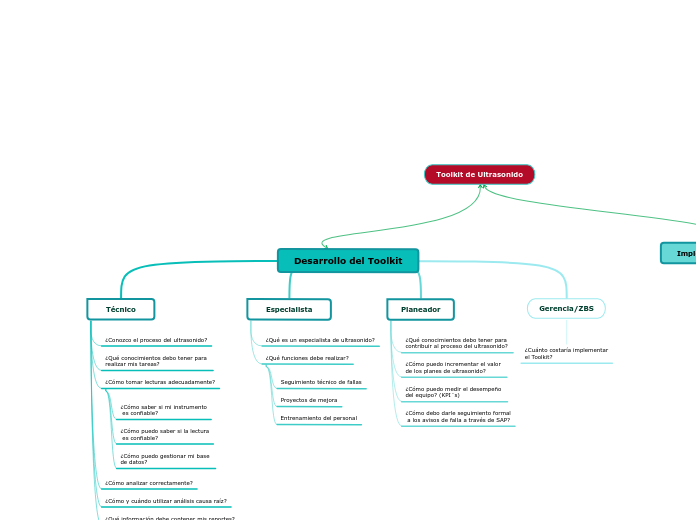
Use that personal statement to tease them just enough so they feel like they need to get you in for an interview to learn the rest of your story." The goal of the essay is to get an interview, one-on-one face time that will you allow you to divulge more. "Tell one or two specific stories or scenarios really well instead of having a broad focus and attempting to tell your life story. "One major mistake I see all the time is students who try to tell too much in the personal statement," says Radunich. However, the personal essay isn't meant to be an autobiography or a long-form reiteration of the applicant's resume. People are multifaceted, and it seems extra important to hit all your personality highlights and accomplishments. When writing personal statements, students may feel pressured to tell admissions committees everything about themselves. However, there are a few key elements of strong personal statements that prospective graduate students should keep in mind as they write.

Components of a Successful Personal Statementīecause personal statements are individual to the applicant, there is no one-size-fits-all way to write them. Familiarizing themselves with the ins and outs of writing strong personal statements for graduate school can alleviate stress and ease the process of sending out those applications.

This combination, often unaccompanied by an explicit writing prompt or set of instructions, can make even the most practiced essay writers freeze up. This narrative essay combines specific, self-reflective anecdotes with details about past experiences (internships, volunteer experiences, etc.) and a clear delineation of a student's goals and interest in the prospective graduate program to provide a fuller picture of the applicant. Featured Online Schoolsīy contrast, personal statements usually lend more freedom when it comes to content and form and are intended to give the admissions committee a glimpse into a candidate's personality. In general, the statement of purpose focuses more on a student's reasons for applying to that particular graduate program and may address topics such as career and research goals, how his or her academic track record demonstrates qualification for that particular school or program of study and how a given program will impact the student's future. In cases where both are required, however, things can get a little tricky. Depending on the program and writing prompt, a personal statement and a statement of purpose may fill the same need in the eyes of the admissions committee. With such similar names, it's no surprise that many students wonder whether there is a difference. Students may get applications that ask for statements of purpose, or statements of intent, as well as personal statements.


A personal statement is the only part of the application where a candidate gets to make their own case for what they can add to the cohort of incoming first year students." "Graduate programs care about the person behind the standardized test score and grade point average. "Metrics only show one small part of the entire picture," says career coach and former university admissions representative Meg Radunich. While metrics such as GPA and test scores can give an admissions committee an idea of a student's qualifications, they are impersonal and don't indicate whether a candidate would be a good fit for a given program. A personal statement is a short essay that introduces a grad school candidate and his or her personal reasons for applying to a particular program. These help admissions committees get to know the person behind each application. Graduate school applications often have prospective students include personal statements. What's the Personal Statement on a Grad School App?


 0 kommentar(er)
0 kommentar(er)
